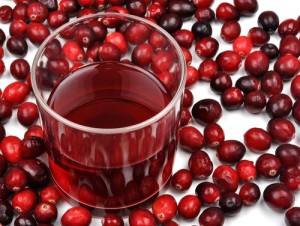
Concentrate juices, otherwise known as juice concentrates, are widely available and nutritionally similar to regular juice when prepared properly.
Contents
How to use
- Simply store it in your freezer until you’re ready to drink it, mix in some water, and you have a pitcher full of juice. The term “concentrate” simply means that the water has been extracted from the fruit. Juice from concentrate can be just as healthy as other fruit juice choices out there, assuming you go with the 100 percent fruit juice varieties.
Benefits
- Thanks to its long shelf life and low cost compared to whole fruits, juice from concentrate provides an economical way to help you reach your recommended fruit intake.
- Juices from concentrate help you reach your recommended daily intake of vitamin C.
- Drink juice from concentrate as a source of vitamin A. Your body relies on vitamin A to help produce new blood cells, and your eyes use vitamin A to see properly in low-light conditions. The vitamin A in juice from concentrate also fights disease, including lung cancer.
- Juices from concentrate also contain minerals. Pineapple juice from concentrate serves as an especially rich source of magnesium, and each 1-cup serving provides 2.6 milligrams, or the entire daily intake requirements for women and men, set by the Institute of Medicine. Orange and grapefruit juices both contain potassium – per serving, they provide 10 and 7 percent, respectively, of the recommended daily intake. Manganese boosts collagen production and helps you metabolize nutrients, while potassium supports healthy nerve function and controls your blood pressure.
Cautions
- While 100-percent fruit juice concentrate that is properly prepared is generally rich in vitamin C and can be counted as a serving from the fruit food group, drinking too much juice can be problematic. Juice, even 100-percent fruit juice, contains natural sugar but provides few other essential nutrients besides vitamin C. Juice lacks fiber and other vitamins found in fresh fruits. Kids who drink too much juice may be missing out on essential nutrients like calcium, protein and fiber. Therefore, the Dietary Guidelines for Americans 2010 recommends getting 2 cups of fruit, fruit juice, or a combination of the two daily when eating 2,000 calories per day.
Interactions
- More than 85 medications are known to interact with grapefruit juice, and approximately one-half of these interactions have the potential to cause serious adverse events. In addition, many medications can interact with other juices, such as orange, apple, and cranberry. For example, the Drug Facts label of OTC fexofenadine (Allegra—Sanofi) states not to consume the drug with fruit juices. Please consult with your pharmacist for further information.
Other Names
Concentrate juices
References
Source: Live Strong, http://www.livestrong.com/article/395545-is-juice-from-concentrate-healthy/
Healthy Eating, http://healthyeating.sfgate.com/juice-concentrate-healthy-9892.html
Pharmacist.com, http://www.pharmacist.com/juice-interactions-what-patients-need-know
